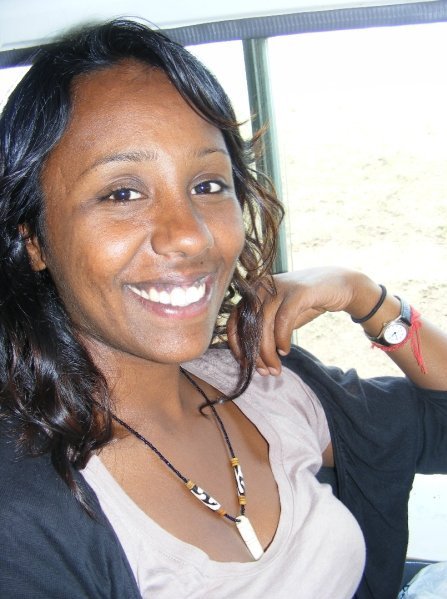
The current struggle to recruit into general practice has been well described and the concern around it has rightly focused on how a shrinking workforce will continue to provide 90% of patient contact in the NHS without imploding.
Having recently completed the last of my hospital placements as a GP trainee, I have been reflecting back on my time in hospital and have come to believe that falling numbers of GPs in training will also impact secondary care services in a number of subtle ways. The on-call rotas for many specialties are bulked out, and in some cases sustained, by a steady flow of GP trainees. Even at the embryonic stage of their careers it has been my experience that GP trainees tend to take a more holistic approach than their specialist counterparts who are often necessarily focused on gaining procedural experience. More than this, GP trainees are often the only members of specialist teams with any recent general experience and these teams rely on their GP trainees to stem the haemorrhagic tendency for in-house referrals that can swamp hospital services.
I have been surprised at times how quickly doctors lose confidence and competence in vast areas of medicine once they enter a specialist training pathway. Even those working in the general environment of A&E often consider whole specialties, most notably psychiatry and gynaecology, as outside of their remit. I can’t deny some frustration in being the psychiatry SHO called upon to ‘risk assess’ a stream of teenagers who have attended A&E drunk and upset after an argument with their partners, or in being the gynaecology SHO receiving referrals for every woman with a set of reproductive organs in anything less than perfect working order. Often a gynaecology referral is completed with the phrase ‘I haven’t examined her because you’ll have to do it anyway’, a logic that serves only to perpetuate the referring doctor’s own skill fade.
There is a great deal of risk in this pigeonhole approach to medicine. I have seen this recently in the form of a young woman who was unable to walk unaided and who was triaged directly to the antenatal ward, despite the presence of upgoing plantars, simply because she happened to be pregnant. She was later urgently transferred to the local neurosurgical centre for treatment of her spinal cord compression secondary to TB.
By way of contrast, during these 2 years I have had frequent cause to speak to GPs: while accepting referrals, in seeking more information about patients, or while trying to arrange a discharge. Not once have I encountered a GP who begrudged the conversation or flinched at what, at times, have been almighty dumps from secondary to primary care. It is that level of confidence, competence, and willingness to take responsibility to which we as GP trainees should aspire. Even before we finish our training, GP trainees are valuable to much of the health service as a subtle thread of generalism woven into the secondary care tapestry that, in some small ways, eases the frequent dysfunction and disjunction of secondary care teams focused on single organs.
While serving this purpose we should counter the frequent question: ‘Why are you wasting your time with general practice when you could be a good specialist?’ with what I feel is the more obvious question: ‘Why on earth do you want to devote your career to 25 feet of bowel lumen or to two aerated sacs of flesh or to the prostate and testicles when the whole of medicine could be open to you?’
General practice should be an easy sell and we all need to be more enthusiastic salespeople of it for the sake of ourselves and our secondary care colleagues.









